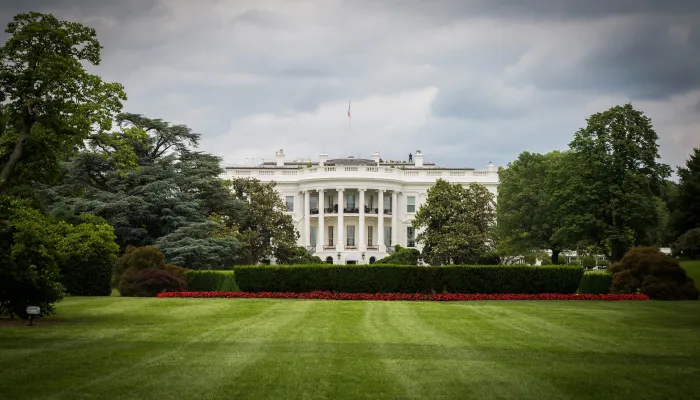Op-Ed: US Must Address Its Balance Sheet
The Hill | April 17, 2012
It is fitting, and perhaps ironic, that today is both Tax Day and Financial Literacy Day. Taxes and finances are intimately intertwined, and as the U.S. budget crisis underscores, that relationship is not always a positive one. Today, as our elected leaders ask households around the country to take a look at their own balance sheets, they might be wise to do the same. What they will find isn’t pretty — a ledger filled with a mountain of debt and no real long-term plan to bring spending and revenues more closely in line.
Having already grown from its historical average of below 40 percent of the economy to about 70 percent today, the nation’s debt is on course to rise to 85 percent of the economy by 2022, and 150 percent by 2040. By contrast, federal revenues have historically been at about 18 percent of the economy. It doesn’t take a financial literacy class to know that if you owe eight times as much as you earn, you are probably in trouble.
The consequences of continuing to accumulate this debt are substantial. Higher government debt means slower economic growth as investors will buy U.S. Treasuries instead of investing in new, more productive business ventures. It means that an increasing share of our tax dollars will go to paying interest on our debt instead of important investments for the future and social programs. It means that the government will have less flexibility to respond to future crises — whether they are economic, military or natural disasters. And it means that, eventually, global markets will get fed up and no longer trust that the United States will pay back its debt. At that point, we’ll have a serious crisis on our hands, and instead of making gradual reforms on our own time we’ll be forced to make abrupt spending cuts and tax increases — and they won’t be pretty.
Time is running short to bring the country’s finances in order. If we don’t choose to address rising debt in a smart way now, there is a set of policies scheduled to occur at the end of the year that will — at least temporarily — solve it automatically for us, but in a manner that is not in the best interests of the country. As a result of the temporary extension of the 2001/2003 tax cuts at the end of 2010, the failure of the congressional supercommittee at the end of 2011 and the payroll tax holiday renewed in February of 2012, and other expiring provisions, a series of deficit-reduction policies are scheduled to hit all at once at the very beginning of 2013. Described by Federal Reserve Chairman Ben Bernanke as a “fiscal cliff,” these policies would put in place the eventual magnitude of savings we need — but their timing and composition could wreak havoc on the economy in the short term and would do little to improve our long-term growth prospects.
The two largest components of this fiscal cliff are the expiration of all of the 2001/2003/2010 tax cuts — which means higher rates and higher taxes for everyone — and an across-the-board spending “sequester” that would immediately cut defense spending by 10 percent and non-defense programs across the board by 8 percent.
Do we need more revenue and more spending cuts? Absolutely. But the revenue should come from comprehensive tax reform that lowers rather than raises marginal tax rates and that reduces the deficit by cutting the various deductions, exclusions and credits, which are really just spending in the tax code. And the spending reductions should be focused on cutting wasteful and anti-growth spending and controlling the growth of entitlement costs — not mindless wholesale cuts that hit good spending as well as bad.
Before year’s end, lawmakers must replace the prospect of a fiscal cliff with a set of smart reforms throughout the federal budget to gradually put debt on a stable and downward path. Done right, such a plan would not only avoid the dangers of abrupt tax and spending changes but also reprioritize revenues and spending toward what Americans care about most — a pro-growth budget and tax code that invests in the members of the next generation rather than borrowing from them.
Changes set to occur at the end of the year offer an incredible opportunity for our leaders to act proactively and replace the automatic and abrupt savings with smart reforms. We must not let the moment pass us by.
What's Next
-
Image

-
Image

-
